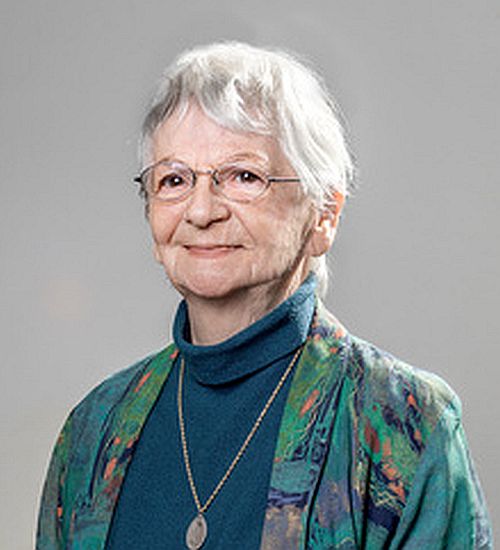If you look at Europe as a whole, you can see that there has been a significant increase in right-wing to radical right-wing parties in the European Parliament. The so-called center, which has so far supported the von der Leyen coalition in parliament, is still in the majority, but it has shrunk significantly,.

Here you can find more information about the election in general.
So the bad news is that we are seeing a shift to the right and a rise in populism throughout Europe. That means: less climate protection, much less migration, possibly a rapprochement with Russia, at least less support for Ukraine.
One possible reason: citizens are afraid of illegal immigration and they think that the centrist parties are not taking this fear seriously enough, and there is a fear of the rising cost of living and falling real wages. We have had high inflation and we have the expenses that are coming our way with climate protection. Right-wing populist parties in particular have tried to win over voters with simple recipes.
All right-wing-parties want less migration. It is clear to them that they do not want a European-led “Green Deal”, so they can throw a lot of sand in the gears. Many things will be much more difficult to negotiate because it will be more difficult to achieve majorities in the middle of the European Parliament.
The Greens lost the most overall. The “Green Deal” with its approach to taxation and regulation is not as popular with citizens as many thought.
Let’s look at the different countries and start with Germany, what is happening there right now?
Report from Christa Möller-Metzger, Vice Chair of the European Green Seniors: The good news, In Germany, older people over 60 voted less to the right than the middle-aged.
Unfortunately, for many young people, right-wing and conservative parties seem to be an increasingly attractive alternative. A survey by Forschungsgruppe Wahlen from Germany shows that 70 percent of AfD (the German right-wing-party) voters say they vote for the party because of its political demands and only 28 percent because they want to teach other parties a lesson. In Germany, surveys and studies show that AfD voters are more worried than average about economic decline. The study „Jugend in Deutschland“ (Youth in Germany) also describes that one concern of the under 14 to 29-year-olds is that too many refugees could come to Germany, which would then overstretch the housing market and social system.
This is a reason too why even young people with a migration background join the AFD: there are already too many in the boat, the others have to stay out.
What is also really bad is that the climate crisis has been completely pushed into the background during the elections. For older people and also for younger people. At the same time, heavy rain, floods and storms are becoming more frequent here, and people have just died again in the floods caused by rivers bursting their banks.
Many green-minded middle-aged people are afraid that they and their children will experience the next world war, that climate change will take away their livelihoods and that we could have right-wing governments, which cannot deal with these challenges. A scenario that paralyzes and demotivates.
Other crises are more in the foreground than climate. That was different 5 years ago. Our position is different today, in addition to the fact that we have to take responsibility for other positions in government. The Greens have made gains in Europe wherever they have not had government responsibility.
What can we do? We have a great organization in Germany, the OMAS GEGEN RECHTS, which originally came from Austria and has spread strongly here in the last year. We had a great joint action in Hamburg with a flashmob, singing the Ode to Joy together with critical lyrics and many people, who walking by.
I now give regular tours of the town hall to show how democratically elected representatives in Hamburg have abolished democracy with a wave of the hand after the election. As older people, we know from our parents what it meant to have lived under fascism. Or to be threatened by the fascists. Our generation has to pass on this knowledge to the young ones.
And Scandinavia is an example that right-wing movements can be overcome!
We need the right policy now. Minority issues are not what determine people’s everyday lives. We need a politic that offers solutions to real problems on the one hand. And that makes it clear that right-wing extremism cannot be a solution.
We will continue to work on this!






